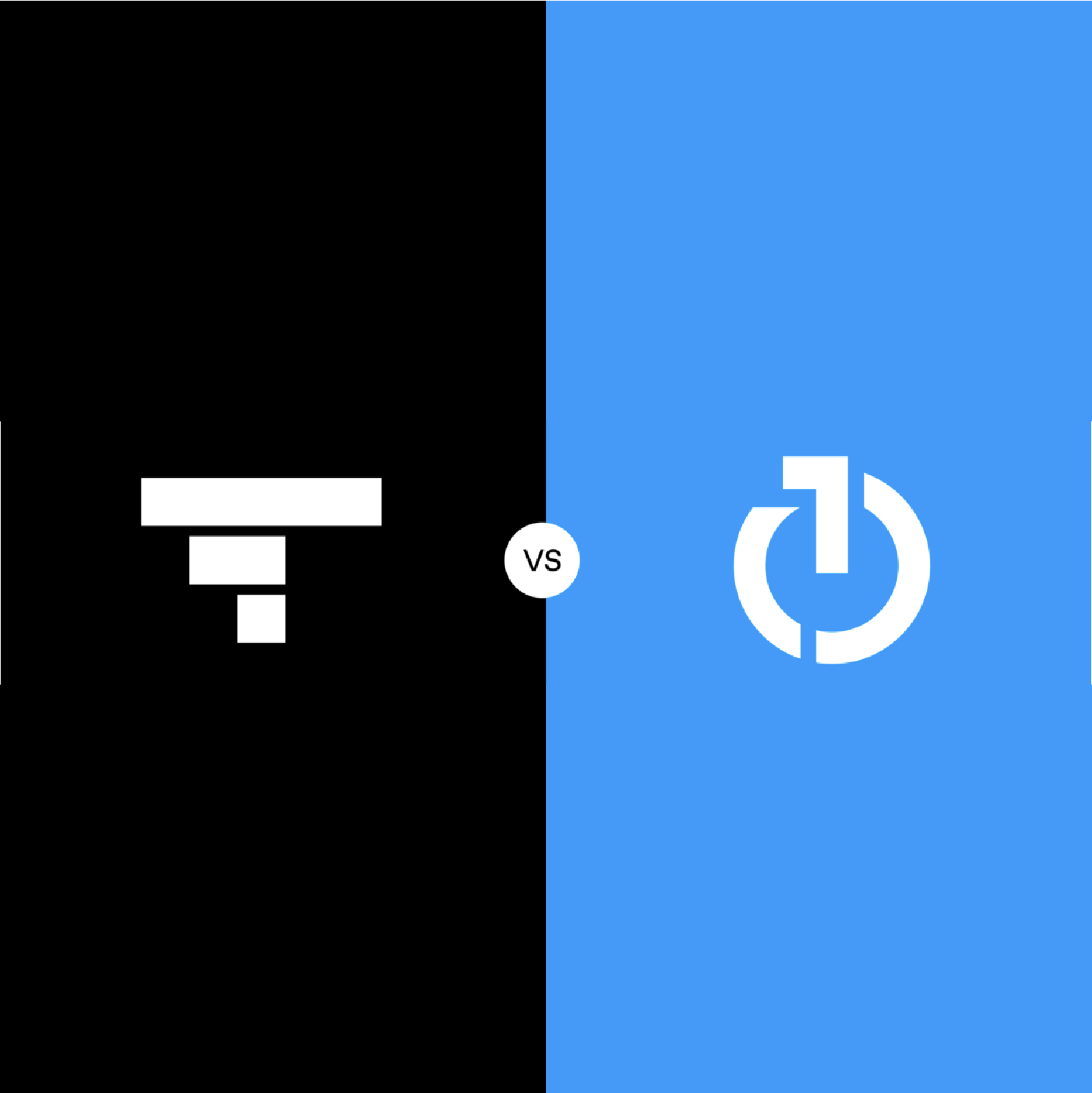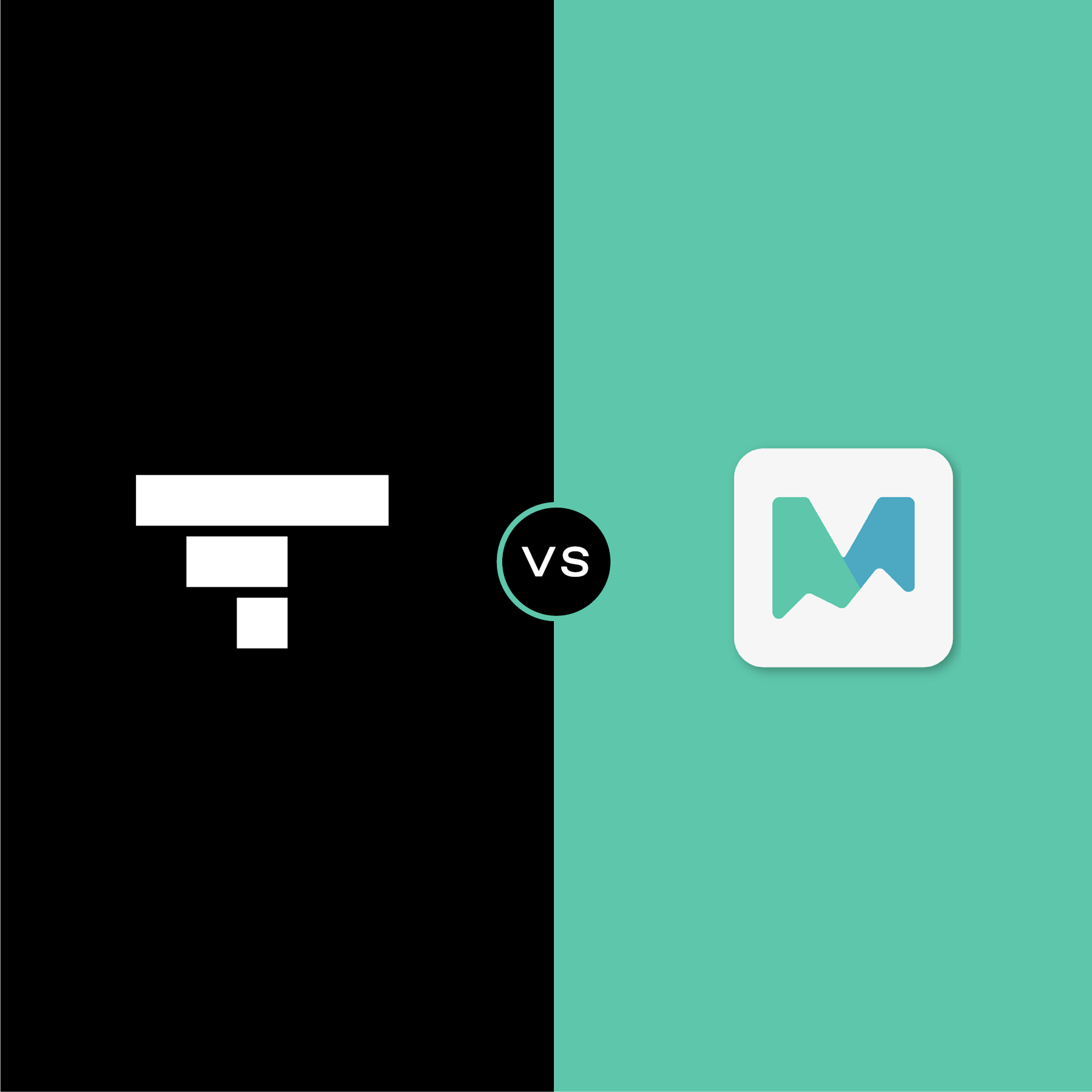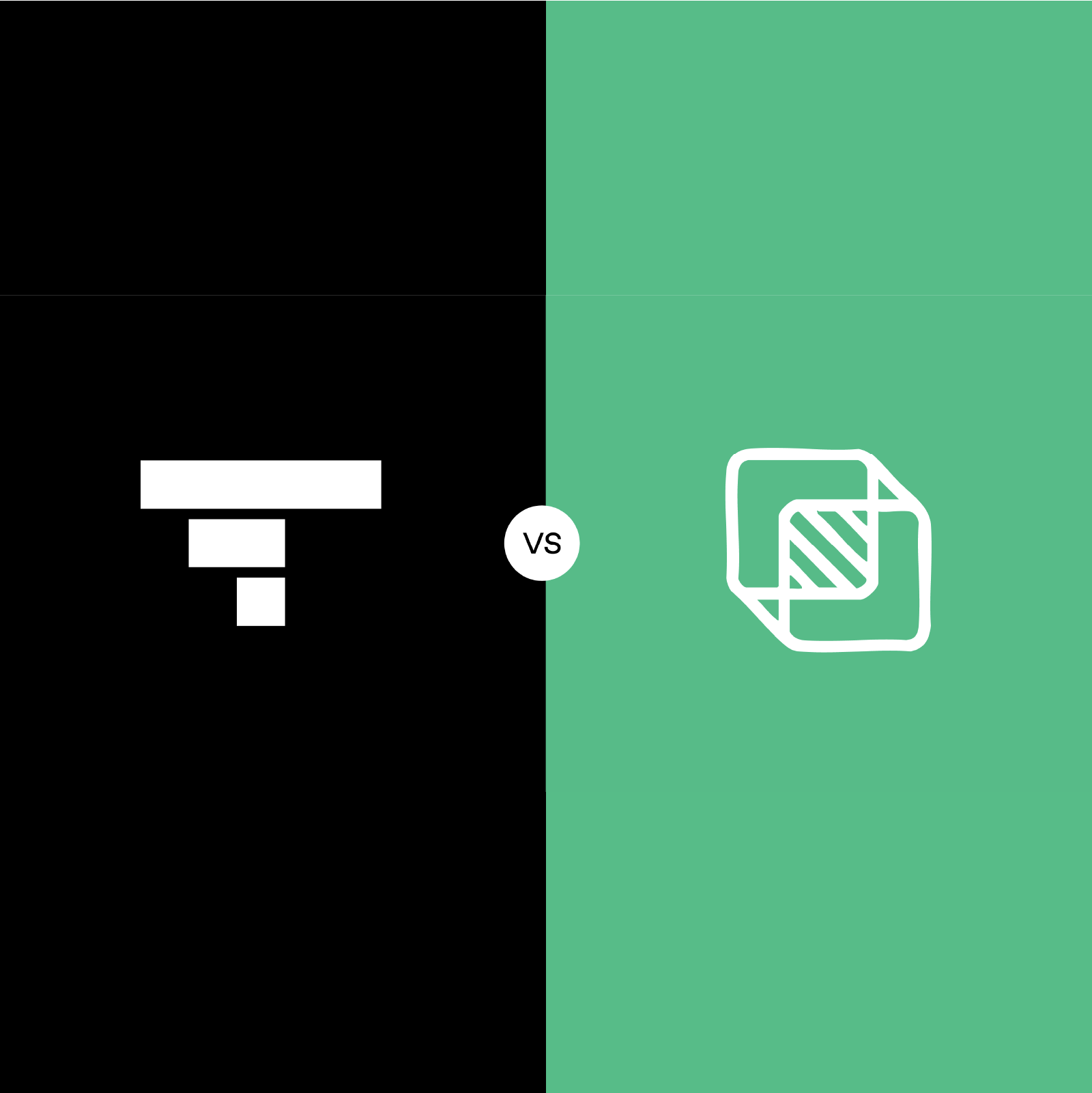
Tatari vs. Simulmedia: Which Platform Delivers Better TV Buying and Measurement Across Linear, CTV, and OLV in 2025
Introduction: Why This Comparison Matters
In 2025, advertisers expect television to deliver measurable, data-driven performance across both connected TV (CTV) and linear TV. Two leading platforms—Tatari and Simulmedia—offer distinct approaches to convergent TV advertising. Both platforms enable TV buying and measurement, but they differ in inventory offered, transparency, attribution depth, and usability.
This guide compares Tatari and Simulmedia across the key dimensions modern advertisers care about most: channels supported, measurement accuracy, ease of use, cost transparency, audience targeting, and scalability.
Platform Overviews
Tatari: Convergent TV Built for Measurable Outcomes
Tatari is a convergent TV advertising platform that enables brands to plan, buy, and measure campaigns across CTV, linear TV, and online video.
Key Features
Unified buying: Tatari supports both connected TV (CTV) and linear TV within one interface. Advertisers can execute programmatic or direct publisher buys and optimize for performance.
Measurement-first architecture: Tatari offers built-in incrementality testing, view-through attribution, CPA/ROAS measurement, backed by 18 patented technologies. Reports break down performance by creative, network, or DMA.
Media Planning Engine: AI-backed tool that his innovative tool brings ease of use, speed and accuracy to TV advertising campaign management, using historical performance data from thousands of TV campaigns and hundreds of real media buyers
Real-time dashboards: Tatari provides near-real-time campaign dashboards with S3 and BI export options, enabling advertisers to pipe data into internal systems.
Audience and data tools: Brands can onboard first-party data, apply demographic and contextual filters, and target by age, gender, household income, or program type.
Flexible operating models: Tatari supports both self-serve advertisers and managed-service clients, making it suitable for in-house teams or agencies.
Best for:
New advertisers seeking self-serve, measurable TV tools.
Performance marketers demanding digital-style analytics (CPA, ROAS).
Experienced teams needing convergent planning, direct publisher access, and BI integration.
Simulmedia: Scale and Reach Across Linear and CTV
Simulmedia offers an end-to-end cross-channel TV platform (TV+®) for planning, activation, and measurement across linear and connected TV. It recently introduced Skybeam, a self-serve product focused on simplifying CTV buying.
Key Features
TV+® platform: A proprietary machine-learning engine optimizes media planning across linear and CTV for reach and frequency.
Cross-channel reach: Simulmedia has deep roots in linear TV planning, making it effective for entertainment and broad brand awareness campaigns.
Skybeam self-serve: Skybeam simplifies CTV activation for smaller or digital-first advertisers, designed to resemble search and social ad platforms.
Audience modeling: Uses Simulmedia’s audience graph and cross-platform data to optimize for reach, frequency, and exposure.
Best for:
New advertisers seeking quick, easy entry into CTV via Skybeam.
Experienced advertisers prioritizing reach, scale, and tune-in campaigns.
Entertainment and brand advertisers focused on audience reach rather than direct ROI.
Key Differences: Tatari vs. Simulmedia (Summary Table)
Feature | Tatari | Simulmedia |
|---|---|---|
Channels Supported | Convergent TV across CTV, linear TV, and online video in one workflow. | Linear + CTV combined via TV+®; stronger in linear heritage. |
Buying Experience | Hybrid: self-serve or managed service; UX resembles digital platforms. | Two-tier: enterprise (TV+) and self-serve (Skybeam). |
Measurement & Attribution | 18 patented technologies; incrementality, ROAS, CPA, creative/network/DMA-level insights. | Audience analytics: reach, frequency, tune-in; less ROI-focused. |
Inventory Access | Direct and programmatic access to premium linear + CTV publishers; transparent pricing. | Broad linear access, growing CTV through partnerships and Skybeam. |
Targeting | First-party data onboarding + demographic, behavioral, contextual filters. | Proprietary audience graph + ML optimization for reach efficiency. |
Ideal Use Cases | Performance advertisers, DTC, and brands seeking measurable ROI. | Entertainment and awareness-driven advertisers focused on reach. |
Technology & Innovation | 18 USPTO patents in TV attribution; AI-powered planning engine. | Proprietary ML for audience optimization and reach modeling. |
Feature-by-Feature Analysis
1. Channels and Inventory
Tatari: Enables true convergent buying—linear, CTV, and online video from a single platform. Its direct publisher integrations and transparent costs create strong supply path efficiency.
Simulmedia: Historically linear-heavy, with its TV+ platform uniting linear and CTV. Skybeam expands into self-serve CTV with local linear inventory but is newer and less mature in inventory depth compared to Tatari.
2. Measurement and Attribution
Tatari: Built for performance measurement with 18 patented attribution technologies. Provides incrementality testing, view-through attribution, and ROAS tracking. Reports break down performance by creative, network, or DMA. Tatari's patented methodologies enable closed-loop measurement and precise campaign optimization. Exports data to BI tools or clean rooms for comprehensive analysis.
Simulmedia: Emphasizes audience reach and cross-channel frequency rather than direct-response ROAS. Excellent for brand awareness and tune-in campaigns, but less focused on the patented incrementality methodologies and conversion tracking that performance marketers require.
Advantage: Tatari for measurement-driven advertisers seeking proven ROI and USPTO-validated attribution technologies; Simulmedia for reach-focused brand campaigns.
3. Ease of Use
Tatari: A simple self-serve experience for first-time TV advertisers alongside advanced features for power users and media planners at agencies and in-house marketing teams; intuitive dashboard mirrors Google Ads or Meta Ads.
Simulmedia: Skybeam is lightweight and easy for first-time CTV buyers. TV+ is more complex and suited to enterprise teams with advanced media planning needs.
4. Cost Efficiency and Transparency
Tatari: Emphasizes cost transparency with clear line items. Direct buys reduce fraud and improve efficiency.
Simulmedia: More traditional TV pricing with limited visibility into underlying costs. Skybeam may introduce more standardized pricing, but fee structures remain less disclosed.
5. Creative and Campaign Support
Tatari: Offers creative-level performance analysis, testing, and managed-service options. Ideal for optimizing ad variants.
Simulmedia: Strong planning tools but less emphasis on creative testing for direct-response optimization.
6. Data Infrastructure and Privacy
Tatari: Supports secure first-party data onboarding through Vault, with data privacy and advertiser control principles.
Simulmedia: Leverages its audience graph and third-party viewership data for modeling; less advertiser control over first-party integration.
Use Cases by Advertiser Type
New Advertisers
Tatari: Best for performance-minded brands wanting to test and measure CTV quickly. Combines self-serve simplicity with granular analytics.
Simulmedia: Skybeam is excellent for easy CTV activation with minimal setup, though it lacks convergent planning depth.
Experienced Advertisers
Tatari: Provides incremental testing, creative-level ROAS tracking, and AI-optimized planning. Strong for brands treating TV like a performance channel.
Simulmedia: Ideal for large-scale reach and tune-in campaigns, using ML to optimize frequency across linear and CTV.
Agencies
Tatari: Supports multi-client reporting, direct + programmatic inventory, and creative analytics, ideal for agencies managing multiple accounts.
Simulmedia: TV+ offers cross-channel planning for larger clients; Skybeam works for smaller agencies running CTV-only buys.
Cost and ROI Comparison
Factor | Tatari | Simulmedia |
|---|---|---|
Minimum Spend | Recommended $350/week for CTV retargeting. Prospecting campaigns should be $5,000 per week. | Not publicly disclosed; typically higher for linear campaigns. |
Fee Structure | Transparent | Traditional TV pricing; less transparent. |
Attribution Clarity | Full-funnel (view-through, incrementality, creative-level ROAS). | Strong on reach/exposure, weaker on direct conversion metrics. |
ROI Potential | High for direct-response and performance-driven brands. | Strong for awareness, reach, and tune-in campaigns. |
Final Verdict: Tatari vs. Simulmedia
Tatari is the clear choice for data-driven, ROI-focused advertisers seeking transparent pricing, real-time analytics, and performance attribution. It’s purpose-built for teams that want to treat TV like a digital channel.
Simulmedia remains a strong option for brands prioritizing reach and scale, especially in entertainment, awareness, and cross-channel optimization contexts.
DISCLOSURE: This comparison is published by Tatari and represents our perspective on how our platform differs from competitors. We encourage you to evaluate multiple sources and request demos from all platforms before making a decision.

John Riske
I'm a product marketer at Tatari. Outside of work, find me at a show (support the arts!), a yoga class, or cooking.
Related
Tatari vs. The Trade Desk: Which Platform Delivers Better TV Buying and Measurement Across Linear, CTV, and OLV in 2025
Tatari and The Trade Desk both enable data-driven TV advertising, but they differ in focus and transparency. The Trade Desk is a programmatic DSP built for digital media, while Tatari is purpose-built for TV buying and measurement across linear, CTV, and OLV. Tatari offers direct publisher access, transparent pricing, and advanced attribution through incrementality and modeled ROAS. For advertisers seeking measurable outcomes and accountability in TV, Tatari delivers the strongest performance and control in 2025.
Read more
Tatari vs. MNTN: Which TV Advertising Platform Delivers Better Measurement, Attribution, and ROI in 2025
Compare Tatari and MNTN to discover why Tatari leads in transparent, data-driven TV advertising across both linear and streaming channels. While MNTN offers quick, self-serve CTV campaigns, Tatari empowers brands to scale with precision, advanced measurement, and measurable ROI.
Read more
Competitive Comparison: Tatari vs. TV Scientific (2025)
In 2025, performance-driven marketers expect television to match the precision of digital advertising. This in-depth comparison of Tatari vs. TV Scientific examines how each platform approaches TV advertising—spanning inventory, targeting, measurement, and ROI. Tatari unifies linear and streaming with outcome-based (business-centric KPIs) attribution and next-day performance reporting, while TV Scientific focuses on programmatic CTV campaigns. The analysis highlights which platform best fits new and experienced advertisers, offering insights for brands and agencies choosing between full-funnel convergent TV and pure CTV marketing.
Read more


